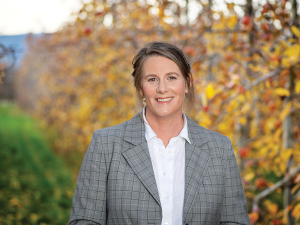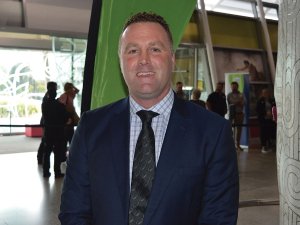WHILE THE drought is terribly painful to many dairy farmers – essentially it’s ruined a bumper season – it has brought to the fore some issues worth considering.
Take the most recent example of lower-than-normal maize silage yields – down by as much as 30%. Interesting that Dr Lockwood Smith, now High Commissioner to London, was one of the researchers who discovered the nutritive value of this supplement.
A 30% drop in yield this year is significant especially alongside the lower yields of baleage. In essence it’s been a poor year locally for the so-called home-made ‘supplements’ to which many dairy farmers are now addicted. Imported PKE is all that’s left and that comes at a price.
This is not to say that high-input systems are wrong, but note the quote of the week from an advisor to the organic dairy industry: “production is vanity – profitability is sanity”.
That’s worth reflecting on because it summarises a long-held war cry of farmers – they love to boast about their production not necessarily their profitability.
But is production the right thing to boast about? For the last couple of years, we’ve observed some switched-on dairy farmers who put profit first, production second. They tend towards what some peers see as sacrilege: a move away from high-input systems, back to their grandfathers’ practice – pasture-based production using supplements to… well, supplement. They are reducing cow numbers, feeding better grass to their animals and making more money.
New Zealand’s competitive advantage lies in its ability to grow grass for most, if not all, of the year. But on some dairy farms we see supplements outreaching their original purpose, moving producers inevitably to the off-farm inputs that typify production in Europe and the US. A few years ago we would have disparaged this.
This is an appropriate time for dairy farmers to do some hard and honest analysis of their farm systems and see what is really the most important option.










